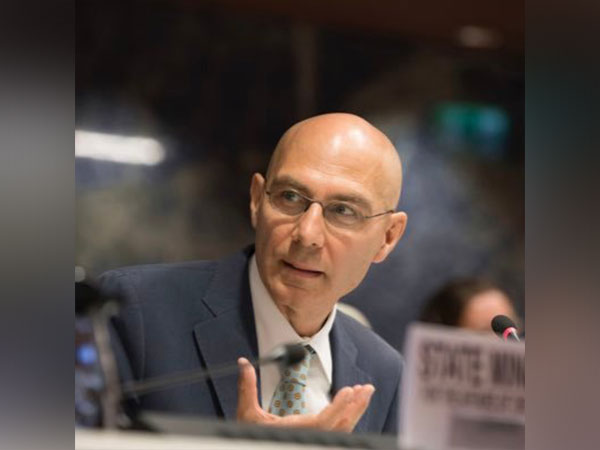The adoption of new transitional justice legislation in Nepal represents a significant milestone in the country’s pursuit of accountability and reconciliation, UN Human Rights Chief Volker Türk announced today. The newly passed amendment bill, known as the Investigation of Enforced Disappeared Persons, Truth, and Reconciliation Commission Act, aims to address serious human rights violations committed during Nepal’s decade-long civil war, which ended 18 years ago.
"This legislation brings victims of human rights violations closer to truth, justice, and reparations, marking an essential step in ensuring that such atrocities are never repeated," Türk stated. The Act, passed by the National Assembly, mandates the commission to oversee truth-seeking, mediation, and reconciliation, and to recommend reparations and support for victims and their families.
During the conflict from 1996 to 2006 between the Royal Nepal Army and the Communist Party of Nepal, at least 13,000 people were killed and 1,300 went missing. The UN documented numerous violations, including unlawful killings, enforced disappearances, torture, sexual violence, and war crimes. The peace agreement that ended the conflict included commitments to uncover the truth and ensure justice for the victims.
Türk praised the revised law as a crucial step forward, while also noting that some provisions still contain gaps and ambiguities. He emphasized the importance of interpreting and implementing the legislation in a way that fully upholds victims' rights and guarantees accountability in line with international human rights standards.
He also stressed the need for the Nepalese authorities to ensure the full and meaningful participation of victims and affected communities throughout the process. Additionally, Türk called for transparency and inclusivity in appointing the commission's members to guarantee their independence, impartiality, and competence.
“Nepal has become a regional and global example of a successful peaceful transition towards democratic, constitutional, and federal governance,” Türk added, expressing the UN Human Rights Office's readiness to support Nepal in advancing this crucial phase of its peace process. He concluded by highlighting the role of transitional justice as a powerful tool to break cycles of violence and impunity and to address the underlying inequalities and discrimination that fueled the conflict.











